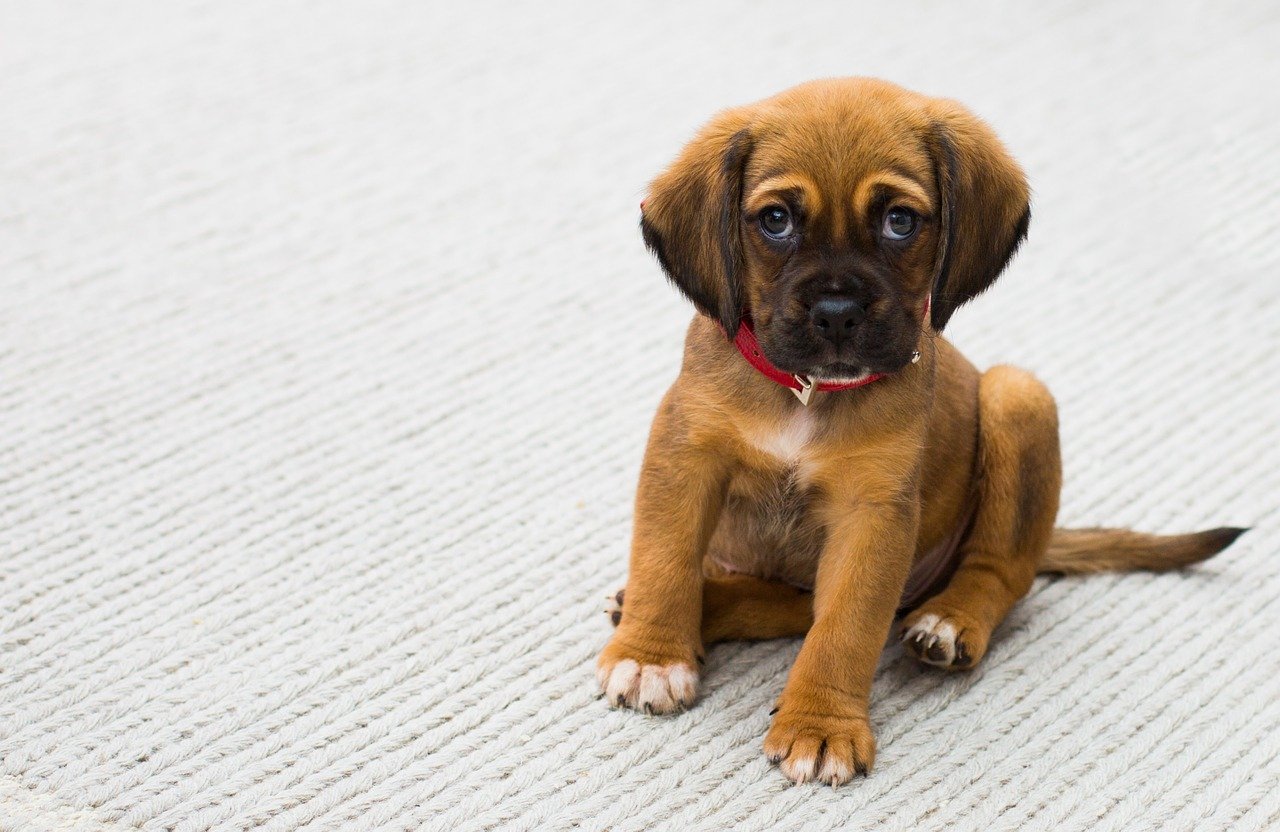Over the past 12 weeks I have been fortunate to attend puppy classes with an amazing trainer. Her name is Leanne and she runs Paws Intuition. Leanne is an extremely experienced dog trainer and I have learnt so much from her.
In this video I share with you 9 things that I have learnt from Leanne’s puppy training classes. If you are about to welcome a puppy into your home or are thinking about getting a puppy then you may find some of Leanne’s tips extremely useful.
When we bring our puppies home we have this illusion of what our puppies are going to be like, but the reality is that puppies do jump up, they do bite, they do chase things, they do toilet inside the house. So that’s why we have people like Leanne to teach us the essentials.
Puppy owners need to be trained by puppy trainers.
As puppy owners you need to be trained and Leanne is there to train you. Leanne provides so many useful exercises to do at home so that you can do a little bit every day. Leanne is the expert, she trains you and then you become your dog’s trainer and you do the training. Day in day out
nature v’s nurture
Like all creatures, puppies are made up of nature and nurture. Whatever their breed is, those genetics are going to be in built with them. If you have a pointer, for example, your puppy is naturally going to want to chase birds and go after the rabbits
you are your puppy’s friend, their trainer, their playmate, and their parent.
The more you practice doing all the training, the more you control the environment that your puppy lives in. The more you can teach your puppy good behaviour the better your puppy is going to be. You become the person the puppy will look to you when it wants fun, when it’s feeling a bit nervous or frightened. It will look to you because you provide all of those things.
when to socialise?
Socialisation need to start as soon as you possibly can. During the first three to 16 weeks of your puppy’s life all the experiences that your puppy has will stay with it. So if something doesn’t happen within those three to 16 weeks then the chances are when it does experience them after that period it could be quite scary. For example, if your puppy is born in January the chances are it’s not going to experience fireworks until November which is out of the 3 to 16 week window. You will need to get your puppy used to those sounds by playing the noise of the fireworks, softly to start with and gradually building up the volume. When November’s fireworks start going off your puppy will have already been socialised to this sound
Socialisation doesn’t necessarily mean getting your dog to socialise with as many other dogs as it possibly can. It means introducing your puppy to lots of different things. For example, when you’re walking along the pavement and there’s a drain cover, it’s the experience of walking over the cover and what that feels like. It’s about experiencing a lollipop man or woman in all their bright colours. It’s getting your puppy to experience all manor of things for the first time. A mum with a pram, a boy on a scooter, kids in the playgroung.
play, eat, sleep, repeat.
Your job as a puppy owner is to spend time with your puppy playing, socialising, enriching, but you also need to ensure that your puppy has some down time too. Think of your puppy having a bucket. The more experiences it encounters during the course of the day, the more the bucket fills up. Eventually that bucket will become too full and needs to be emptied. Ensuring that your puppy gets as much sleep and as much downtime as possible allows them the chance to empty that bucket. Play, eat, sleep, repeat.
food is your opportunity to train
Your puppy’s food is an excellent opportunity to allow you to train you puppy. If your puppy has 20 pieces of kibble in the morning, you’ve got 20 training opportunities. Don’t just pop all that kibble in a bowl and aloow your puppy to gobble it up within a nanosecond. Make your puppy work for it instead. Give your puppy challenges, for example, show them a piece of food and then hide it under a cushion and get them to go and get that piece of food. Reward your puppy for their good behaviour with lots of positive reinforcements.
puppy pads are not your friend
Whilst you maybe tempted to use puppy pads, don’t! All you are doing is putting off the inevitable. Just when you thought you had mastered toilet training, you know have to train your dog to go outside and not use a puppy pad.
If you would like more information about Leanne’s puppy classes and training classes you can find her at Paws Intuition


Leave a Reply